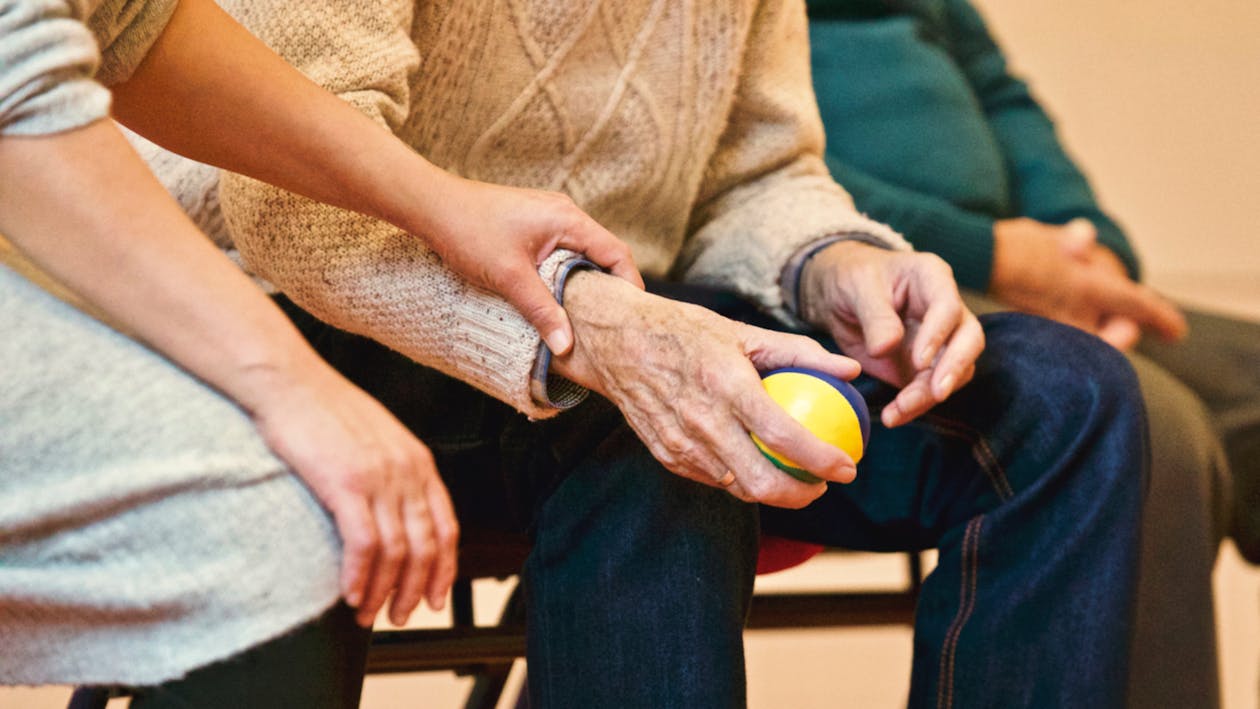Dec 5
2020
The 3 Emerging Technologies For Dementia

According to the World Health Organization, dementia affected more than 50 million people worldwide in 2019, with 10 million more cases being added each year. This makes dementia one of the most prevalent conditions medical researchers are looking to address.
While there is no cure for dementia, since it’s a symptom of other brain diseases such as Alzheimer’s disease and Huntington’s Disease, there have been countless innovations that support patients who have it and help doctors and care professionals deal with more serious cases.
We can only hope that a universal cure for dementia would be available in the near future, but until then, we just have to look at some of the best technologies for addressing the challenge brought by this chronic condition:
- Managing behaviors
Dementia is known to cause emotional disturbances ranging from anxiety to depression. In fact, a medical study has shown that between 30% and 90% of dementia patients also suffer from such disturbances. This makes it difficult for doctors and even loved ones to deal with agitated patients.
Luckily, one way to approach this problem is through behavioral management therapy which usually involves keeping patients relaxed and preventing behavioral triggers that may cause violent outbursts. This requires the use of effective agitation detection technology such as multi-modal sensors. These can help caregivers and physicians determine the best types of interventions to undertake, resulting in a lesser risk of injury to both patients and medical workers.
- Location trackers
When it comes to ensuring the safety of dementia patients, care providers will have to leverage location trackers. Sure enough, there are a number of location devices on the market that families can even use to track loved ones.
One of the most prominent brands is AngelSense, which allows for determining transit times and sending alarms and notifications on current whereabouts. The device can be attached to clothing so that patients are always tracked wherever they go. Similar products are also available, but it’s best to pick one that is easy-to-use and durable in case a patient often goes out on lengthy walks.
- Memory care facilities
There are cases in which families alone cannot handle the needs of a loved one with dementia. The best solution would be to bring the patient to a proper facility where they are provided with all-around care and assistance. For one, communities managed by Long House in Seattle, WA are complete with the right amenities and treatment options that specifically cater to seniors living with dementia. The aim of these communities is to support patients as they learn how to live independently.
There are also assisted living and memory care facilities that are wired so that patients can communicate freely with their caregivers and loved ones. Finally, there is also a range of tools that caregivers can use to manage their time and keep track of their patient’s movements around a community.
As medical technology continues to evolve, we can only guess what helpful innovations await dementia patients. There will surely be new tools and approaches worth looking into. We only need to have a desire to adapt to these innovations for the sake of our loved ones.